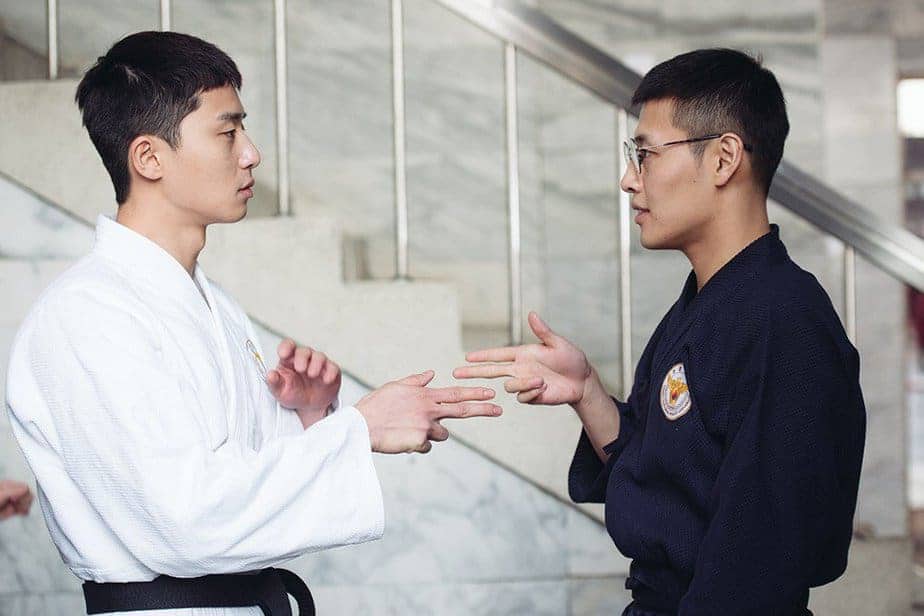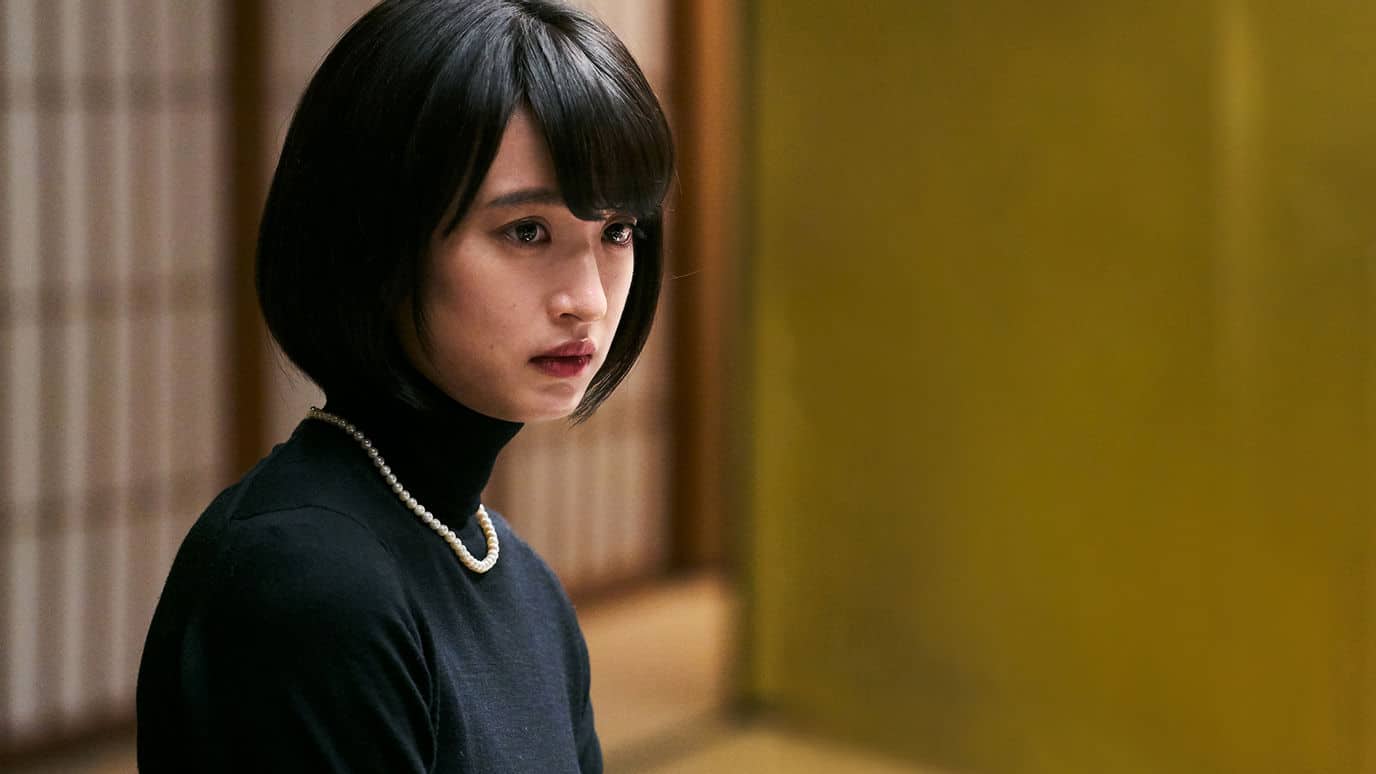A civil was is raging in the fictitious Republic of Numia where Islamic terrorists are taking over power, and the Chinese embassy staff is trying to evacuate Chinese citizens employed in a large industrial project. After an initially successful last-minute rescue action that flew out many civilians out of the country, their goal is to organize ships for hundreds of others stranded in Numia over a neighboring coastal state that goes by the name Tulisia.
“Home Coming” is screening at Udine Far East Film Festival

Get ready for the spectacle of explosions, shootings and mad car escapes in this patriotic Chinese action drama directed by Rao Xiaozhi that waves national flags in your face. Dedicated to the real diplomats who had to deal with evacuation of citizens form a number of countries across the world, this blood-drenched tear-jerker had some good financing to bring the war mayhem to the screen.
Set against the backdrop of violent conflicts in a supposingly Arab, North-African country in 2015, “Home Coming” follows the strain of foreign ministry diplomat Zong Dawei (Zhang Yi) to save lives, throwing himself in a number of impossibly dangerous situations, and risking to break off his marriage to a heavily pregnant wife Chen Yue (Wan Qian), who's impatiently waiting for his return to Beijing.
If there is a deep appreciation for the amazingly done action scenes supported by the immaculate work of the special effects department, there is something awkward about the exaggeratingly emotional music score composed by Hank Lee that doesn't really support the narrative, although the script does play on the psychological warfare card in its second half. Regarding the obvious pathos of the whole situation, the plotline itself suffice to tell us when to cry, sigh, and utter ‘oh my Gods'. A more engaged, tempo- dictating score would do the film more justice. So would have a much swifter editing, leaving out the streched-out scenes which overstay their time.
Likewise, as nicely as the Chinese heroes are developed in the script, the rising dictator's character isn't, and both his appearance and personality are on the comedy side. He is painted as a cowardly, petty man who most likely wouldn't stand a chance of becoming a leader of a powerful terrorist organization in real life. This can't be anything but an intentional decision to underline the cultural and religious differences between the Chinese, and the people of the host country. “It took us almost hundred years to be where we are now”, something that Zong Dawei says at one point to his close friend and colleague from the embassy Yang Bin (Chen Li), is also a statement that points in that direction. Only few ‘outsiders' (not counting the extras who are part of the refugee movement, but clearly of Arab origins) are painted in friendly colors: an elderly Numian driver who's helping the Chinese, and an 8-year-old girl Fatima, who was adopted by Yang Bin and his wife.
“Home Coming” was completely shot in Chinese wasteland that bares great similarities with north African landscapes. The first time cinematographer Yi Liao's extensive use of long shots during the refugees' exhausting journey through the desert, captures the beauty of the area that stands in strong contrast with the suffering of people.
“Home Coming” is lavishly produced and it doesn't lag behind Hollywood blockbusters, not only in terms of actions scenes, but also when it comes to Miao Li's impressive art direction, or the use of strong patriotic sentiments to underline the urgency of action. Playing out all its trumps in the story's first hour, the film drops its pace when it becomes more of a multi-layered relationship story which brings it to the 137 minutes mark. Neither the sentimentality nor the long runtime obviously damaged the popularity of “Home Coming” in China, with the film garnering impressive $12.1 million dollars in its opening weekend back in October, and amassing nine awards until now. Among others, Rao Xiaozhi's action drama was awarded Film of The Year by the China Film Critics Association, which also decided to award the director as the best of the year. The screening at Far East Film Festival marked “Home Coming”s international premiere.















